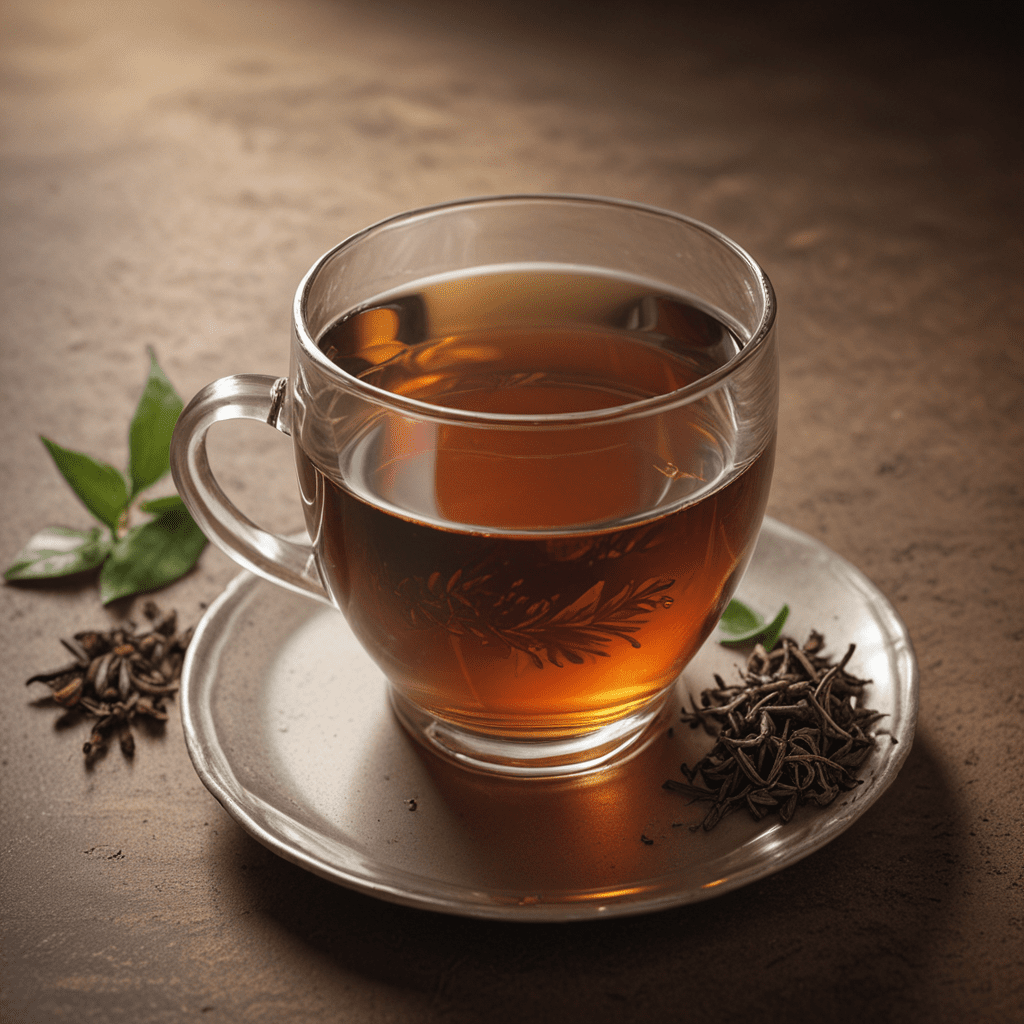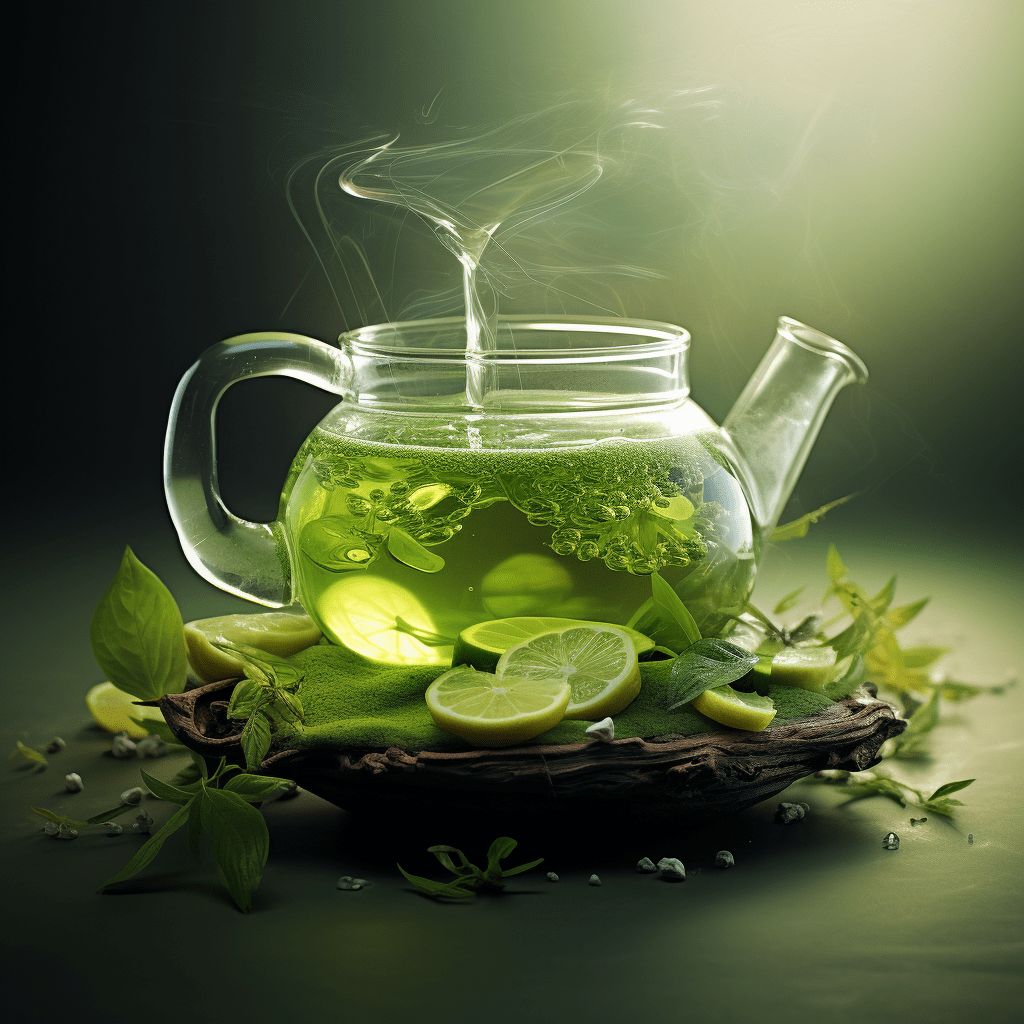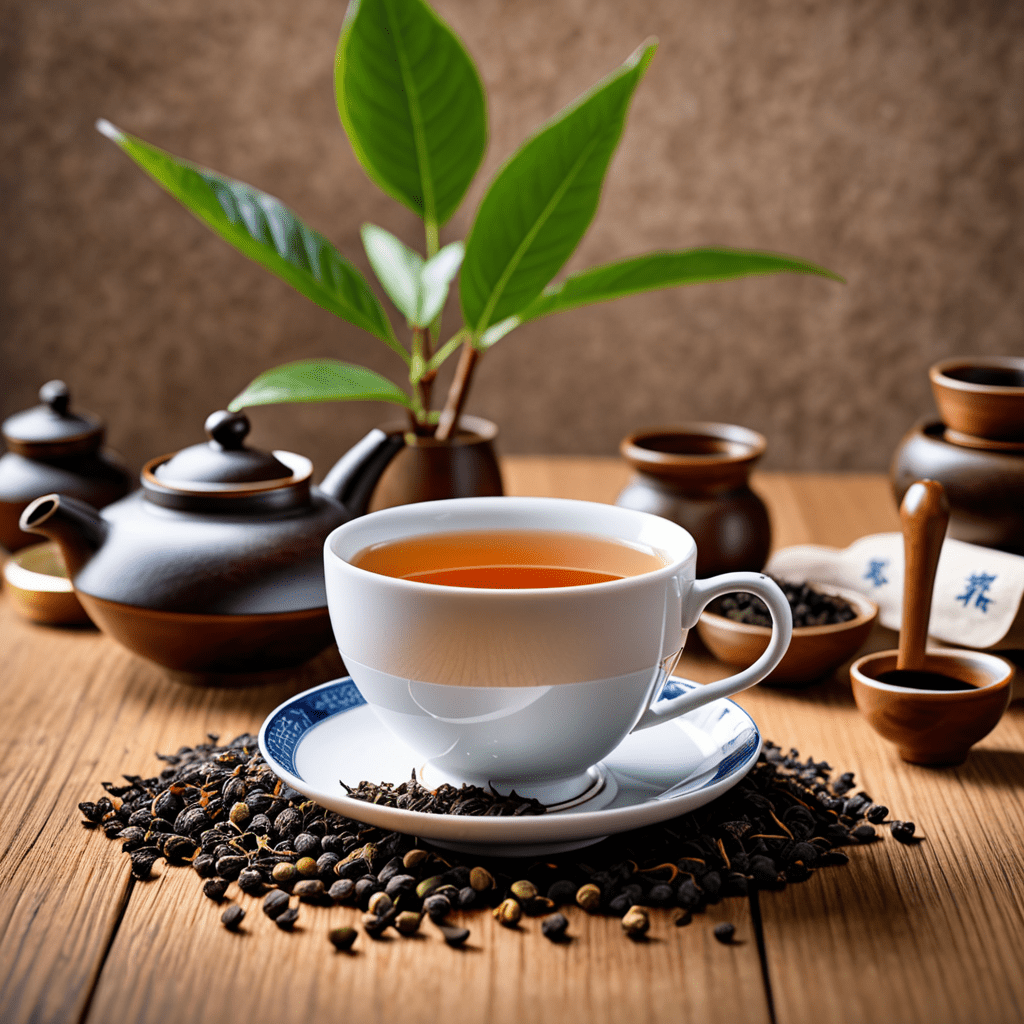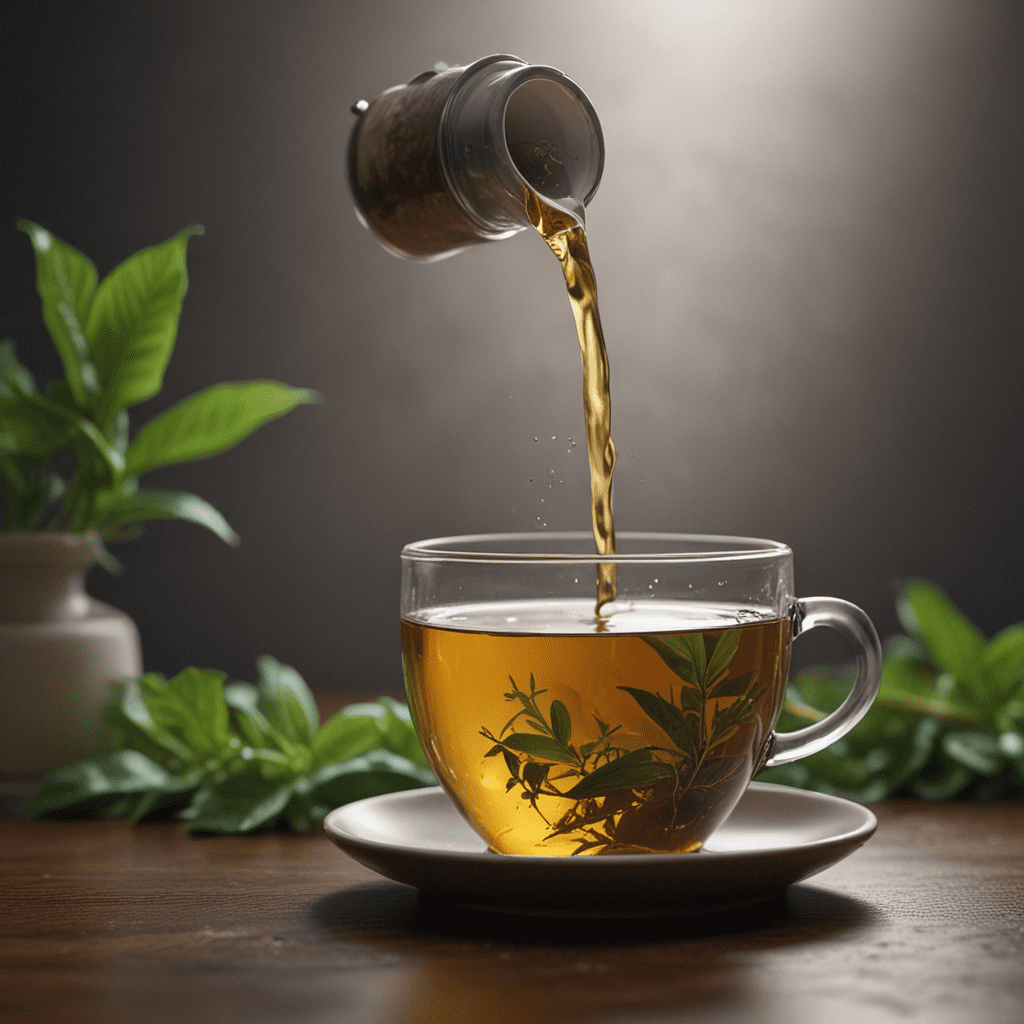
Assam Tea: A Legacy of Excellence
Assam tea, renowned for its robust flavor and malty notes, is a testament to the rich tea heritage of India. Cultivated in the heart of Assam, a northeastern state known for its lush greenery and ideal climate, Assam tea has become synonymous with excellence in the tea world.
Geographical Origins and Ideal Climate
Assam's prime tea-growing regions lie in the Brahmaputra Valley, where the mighty Brahmaputra River provides fertile soil and abundant rainfall. The region experiences a subtropical climate, characterized by warm, humid summers and mild winters. These conditions create an optimal environment for the growth of tea plants, allowing them to thrive and produce bountiful harvests.
The Art of Tea Cultivation in Assam
Assam tea cultivation is a delicate art, passed down through generations of skilled tea planters. The plants are meticulously tended to, from the selection of high-quality seedlings to the careful pruning and plucking of leaves. The traditional method of hand-plucking ensures that only the two youngest leaves and the bud are harvested, resulting in the finest quality tea.
Varieties of Assam Tea: A Spectrum of Flavors
Assam tea encompasses a diverse range of varieties, each with its unique flavor profile. Some of the most popular include:
- Assam Orthodox Black Tea: Known for its full-bodied, malty flavor with hints of chocolate and honey.
- Assam CTC (Crush, Tear, Curl) Black Tea: Produces a bolder, more astringent tea with strong, brisk notes.
- Assam Green Tea: Retains its natural greenish color and offers a delicate, vegetal flavor with a refreshing finish.
6. The Brewing Process: Unveiling the Magic
The art of brewing Assam tea is a delicate process that allows the tea's full flavors to unfurl. Traditionally, Assam tea is brewed using a teapot or a French press.
- Water: Use fresh, cold water and bring it to a rolling boil.
- Tea leaves: Add approximately 2 grams of tea leaves per cup into a teapot or a French press.
- Steeping time: Allow the tea leaves to steep for 3-5 minutes, depending on the desired strength.
- Milk and sugar: Assam tea can be enjoyed with milk and sugar to balance its robust flavor. However, many tea connoisseurs prefer to savor its natural taste without any additions.
7. Health Benefits of Assam Tea: A Source of Vitality
Assam tea is not only a delicious beverage but also a source of essential antioxidants and nutrients. Studies have shown that regular consumption of Assam tea may provide various health benefits, including:
- Improved heart health: Assam tea contains antioxidants that help protect against heart disease.
- Reduced inflammation: The anti-inflammatory properties of Assam tea may alleviate conditions like arthritis and joint pain.
- Boosted immunity: Assam tea is rich in antioxidants that help strengthen the immune system and fight infections.
- Improved digestion: Assam tea contains compounds that aid in digestion and reduce bloating.
8. Assam Tea Industry: An Economic Powerhouse
The Assam tea industry is a significant contributor to India's economy. Assam produces over 50% of India's total tea, providing employment to millions of people in the region. The industry also plays a vital role in India's foreign exchange earnings, as Assam tea is exported to countries around the world.
9. Cultural Significance and Regional Pride
Assam tea holds cultural significance in the region and is a source of pride for the Assamese people. Tea gardens are an integral part of Assam's landscape, and tea culture is deeply ingrained in the Assamese way of life. Traditional tea rituals and festivals celebrate the importance of tea in Assamese society.
10. A Global Tea Destination: Assam on the World Stage
Assam's tea estates have become popular tourist destinations, attracting tea enthusiasts and nature lovers alike. Visitors can experience the beauty of the tea gardens, learn about the tea-making process, and sample the finest Assam teas. The region's tea-growing heritage has also made it a center for tea research and education, attracting students and professionals from around the world.
FAQ
Q: What is the difference between black tea and green tea?
A: Black tea is fully oxidized, resulting in its dark color and robust flavor. Green tea, on the other hand, is minimally oxidized, giving it a lighter color and a more vegetal flavor.
Q: How much caffeine is in Assam tea?
A: The caffeine content in Assam tea varies depending on the variety and brewing method. Generally, a cup of Assam black tea contains around 40-60 milligrams of caffeine.
Q: Is Assam tea good for weight loss?
A: Assam tea contains antioxidants that may aid in weight loss by boosting metabolism and reducing appetite. However, it is important to note that adding milk and sugar to tea can negate its potential weight loss benefits.


